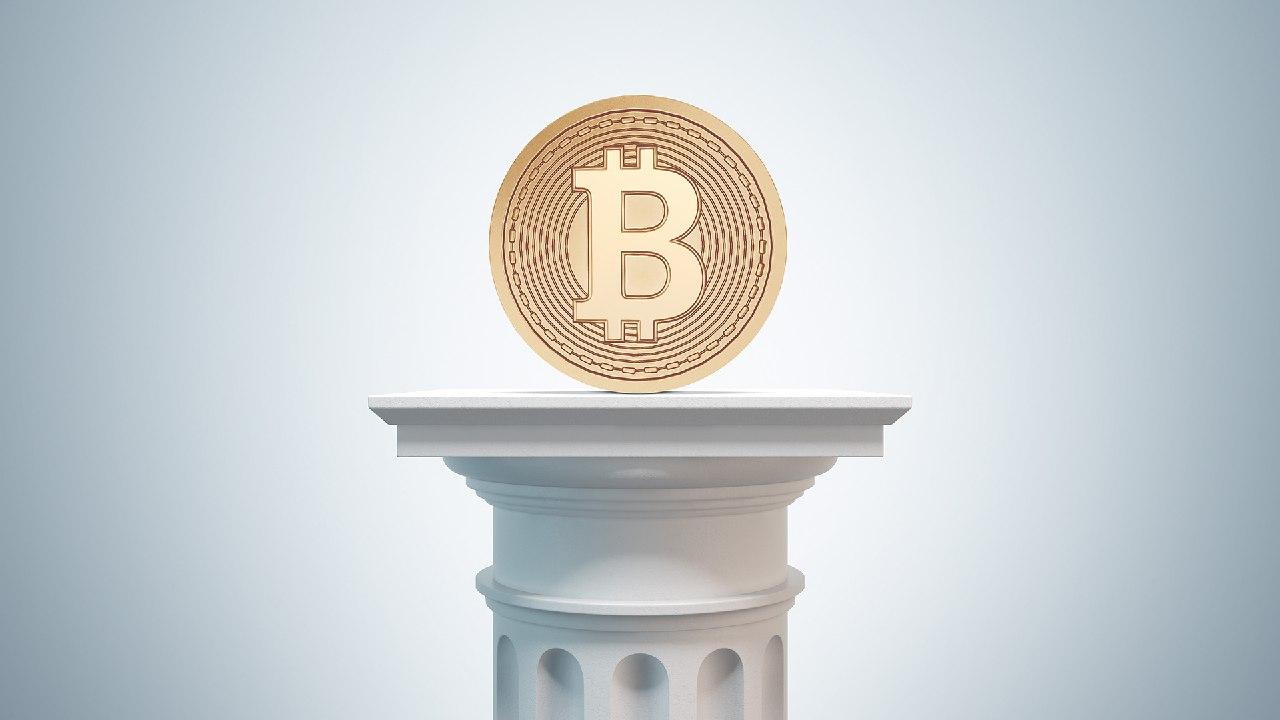Gladius is a blockchain project that wants to use spare bandwidth from users across the world to protect websites from DDoS attacks. Currently, CDN and DDoS mitigation services are provided by players like Akamai and Cloudflare, who own the extra server bandwidth and provide it to users at a fee. Gladius is taking a decentralised approach to this problem, by borrowing spare bandwidth from donators on the platform and remunerating them with their token.
Built on the Ethereum blockchain, Gladius’ platform allows users to rent out spare bandwidth to help fight cyber crime and improve content delivery. Users who rent out their bandwidth earn Gladius tokens which can then be exchanged for fiat currency at a later time. The process is peer-to-peer (P2P) and uses blockchain in order to make a simple and systemized use and reward protocol.
The team claims that Gladius will have faster acceleration, due to more distributed nodes/servers throughout the world, and so the geoserving will be faster than the ones on a centralized CDN. Also, it is safer because it has no single point of failure, so attackers would have to shut down thousands of separate components. Lastly, it will be cheaper as the middleman is taken out of the picture.
Taking out 2 birds with one solution
Gladius co-founder Max Niebylski says, “Gladius kills two birds with one stone utilizing unused resources to build a robust network to make websites load faster and yet still stay strong under network flooding attacks. Typically, more people means less security and certainty. However, Gladius completely flips that paradigm by using numbers to our advantage. Using the blockchain to create a network of trust enables us to spread sensitive and vital information across the globe while remaining fully encrypted.”
Max shared that most consumers are not fully maximizing the bandwidth provided by local internet providers. While they don’t use the bandwidth, their internet service provider continues to charge for a minimum usage every month, meaning that consumers are losing money on their idle internet connection.
“Additionally, the rented bandwidth can be pooled with other users in a completely autonomous way, and users can join and grow pools in order to monetize bandwidth. However, pools also serve a very important function within the platform,” Max added.
Our take: Gladius is a solid project
This is an innovative application of the blockchain. On the demand end, with better fiber infrastructure being laid across the world, and more optimised web services, surplus bandwidth will always be available. This bandwidth is neither useful to the user or the service provider, as it is purged after every billing cycle, so donating it for reward isn’t a high ask.
On the supply end end, decentralised systems are in general more secure and robust. The lack of a single point of failure ensures that cyber crime will be infinitely more difficult to execute. Also, as Gladius won’t own any of the hardware that provides the service, their service will be cheaper and best of all, bandwidth donators will also be incentivised with crypto payments.
The challenge lies in business development and onboarding people onto the platform and the Gladius team seems relevantly experienced. We believe this is a good project to back.
Check out Gladius and Join the Official Telegram Channel
Looking for more awesome content? Follow us on Telegram – https://t.me/Itsblockchain
For accurate cryptocurrency signals data, join our Free Telegram channel – https://t.me/joinchat/AAAAAEBgX2LJMVDiPKyWfQ

Hitesh Malviya is the Founder of ItsBlockchain. He is one of the most early adopters of blockchain & cryptocurrency enthusiast in India. After being into space for a few years, he started IBC in 2016 to help other early adopters learn about the technology.
Before IBC, Hitesh has founded 4 companies in the cyber security & IT space.
Subscribe to get notified on latest posts.




























